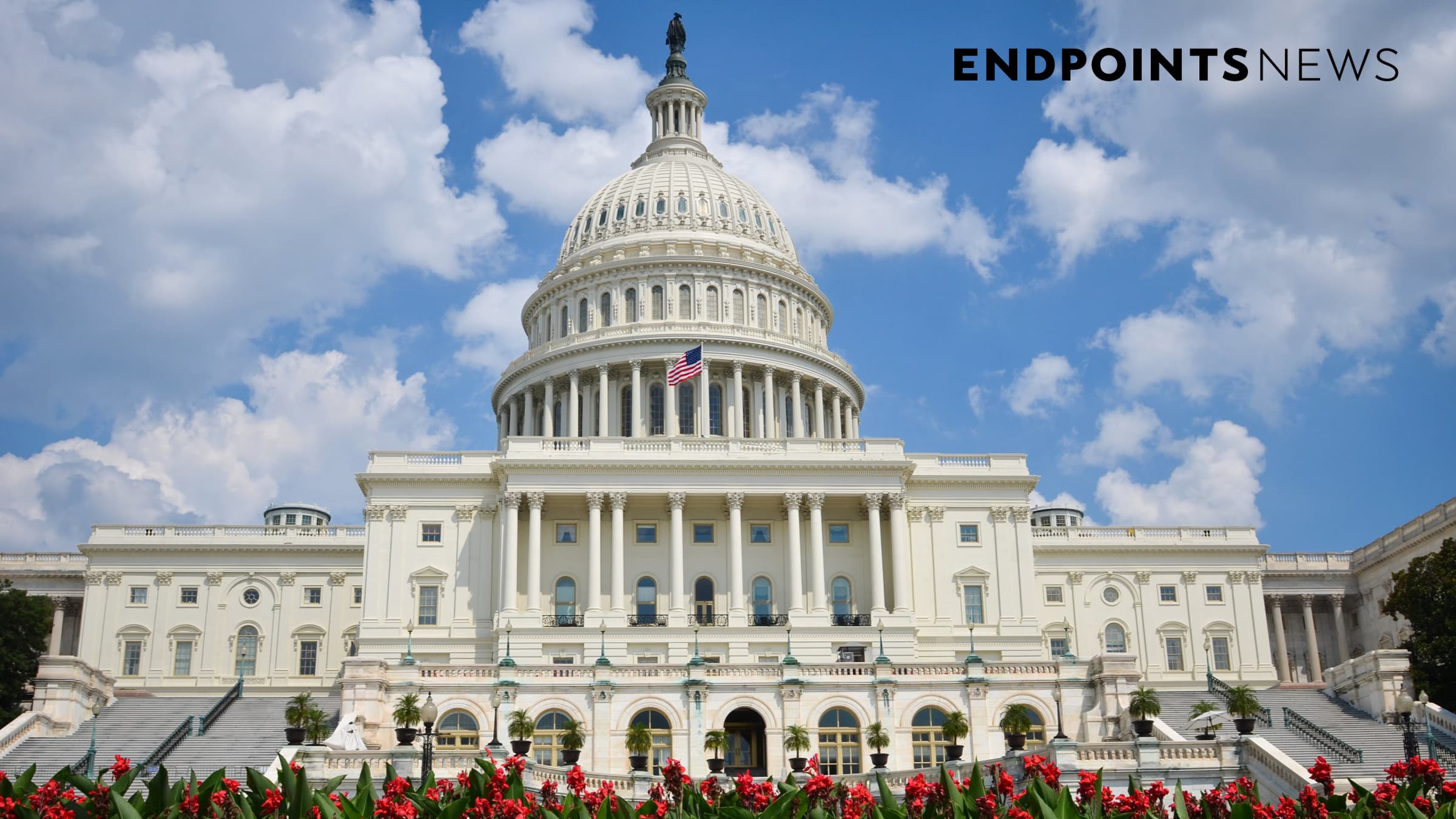The U.S. Congress has approved a short-term spending bill that includes the renewal of the Food and Drug Administration (FDA)’s over-the-counter (OTC) drug user fee program. This decision is part of a broader plan to fund the government through November 21, 2023. The inclusion of the OTC user fee program aims to support the FDA’s ability to oversee the safety and efficacy of non-prescription medications.
The spending package, which was passed on September 30, 2023, ensures that the FDA can continue to collect fees from manufacturers of OTC drugs. These fees are crucial for maintaining the regulatory framework that ensures the public has access to safe and effective medications without a prescription. The renewal of this program reflects the ongoing commitment of the government to uphold public health standards.
Funding Stability for OTC Drug Regulation
The OTC drug user fee program has been a significant source of funding for the FDA, helping to streamline the review process for new OTC products. By renewing this program, Congress has provided the FDA with necessary resources to conduct timely evaluations and maintain oversight over the growing market of OTC medications.
In recent years, the market for OTC drugs has expanded significantly, with consumers increasingly opting for non-prescription options for treatment. This trend emphasizes the importance of robust regulatory practices to ensure that these products are safe and effective for consumer use.
The passage of the stopgap bill is essential for avoiding a government shutdown, which could hinder various federal operations, including those at the FDA. The funding extension will allow the agency to continue its work without interruption during this critical period.
Implications for the Pharmaceutical Industry
The approval of the OTC drug user fee program is expected to have several implications for the pharmaceutical industry. Manufacturers of OTC drugs are likely to benefit from the consistency and predictability that comes with a fully funded regulatory process. The renewed program will enable the FDA to better manage the influx of new products entering the market, which is essential for fostering innovation while ensuring consumer safety.
This funding is particularly relevant as the industry continues to adapt to changing consumer preferences and emerging health trends. As more individuals seek convenient and accessible healthcare solutions, the FDA’s role in regulating OTC medications will become increasingly vital.
The continuation of the OTC drug user fee program is a testament to the importance of government support in maintaining public health initiatives. By ensuring that the FDA is adequately funded, Congress is reinforcing its dedication to protecting consumer health and promoting the availability of safe OTC products.








































































